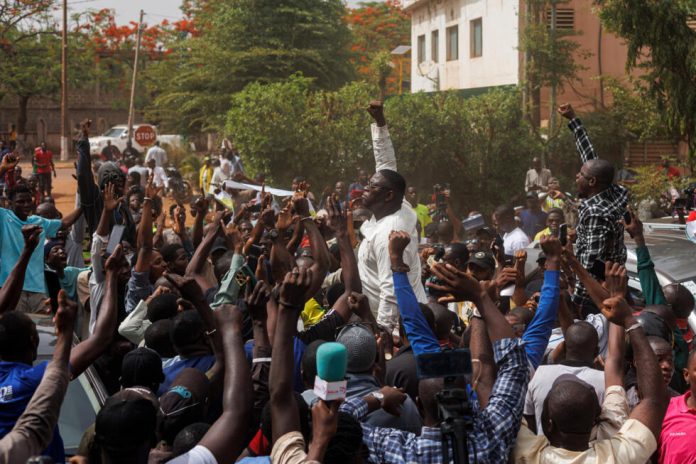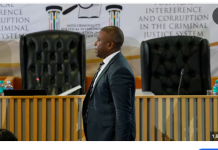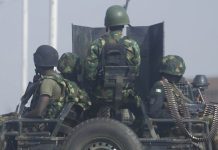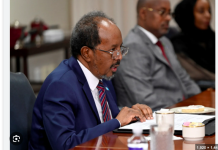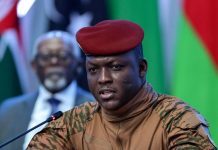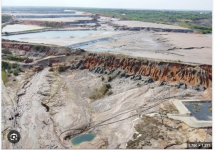
Mali’s military junta has dissolved all political parties and organisations of a political nature, deepening its crackdown on dissent amid growing domestic and international pressure to return to democratic rule.
The announcement was made via a presidential decree read on state television on Tuesday. It stated that “all meetings of members of political parties and organisations of a political character are dissolved across the national territory.”
The decree, signed by junta leader Colonel Assimi Goïta, comes amid a broader campaign to stifle opposition and delay promised elections. Goïta seized power in coups in 2020 and 2021 and, following a government-organised national dialogue last month, is expected to remain in power until at least 2030.
That dialogue, boycotted by most major opposition groups, recommended the extension of his rule—prompting condemnation from human rights organisations and political opponents.
The latest move to dissolve political parties follows a suspension of all political activity last month. Opposition parties had planned a protest in response, but postponed it amid increasing repression.
A presidential statement warned citizens not to defy the order but did not specify penalties. It said those in political or administrative roles could continue their duties—provided they sever ties with any political affiliation.
The crackdown has escalated in recent weeks. Following a rare pro-democracy protest last week, two opposition leaders were reportedly abducted by armed men claiming to be police officers. Authorities have not commented on the incident.
Opposition leaders have spoken out strongly against the junta’s actions.
“No matter how hard they try to make you invisible, your value doesn’t depend on their recognition,” said Nouhoum Togo, president of the Union for the Safeguarding of the Republic (USR), in a social media post.
Former Prime Minister Moussa Mara, leader of the Yelema Party, warned that the restrictions dealt “a severe blow to the reconciliation efforts initiated last year.”
Analysts say the junta is attempting to dismantle the influence of the post-independence political class, many of whom have long been seen as aligned with former colonial power France.
“This is part of a broader effort to break with old elites,” said analyst Ulf Laessing.



